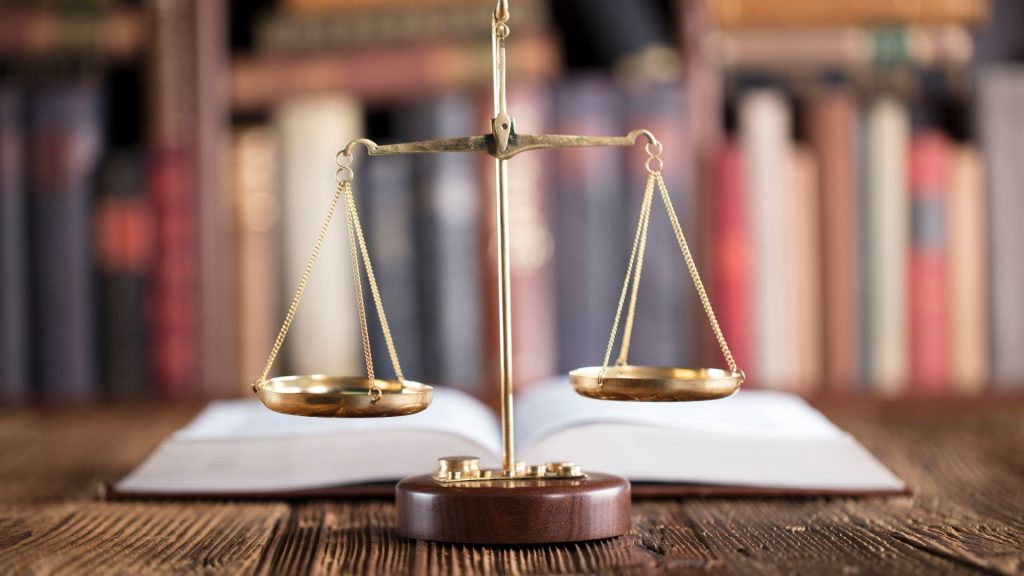How to Hire the Right Personal Injury & Car Accident Lawyers for Your Case
Key Takeaways
- Understand the importance of selecting the right lawyer for personal injury or car accident cases.
- Learn the qualities and credentials to look for in a lawyer.
- Gain insights into various evaluation methods, including consultations and reviews.
- Discover resources for verifying the lawyer’s credibility and background.
Why Choosing the Right Lawyer Matters
When dealing with the aftermath of a personal injury or car accident, the lawyer you hire significantly impacts the outcome of your case. Given the potential high stakes involved—financial compensation, medical bills, lost wages, and even long-term rehabilitation—it’s crucial not to underestimate the importance of selecting the right legal representative. A proficient lawyer understands the intricacies of personal injury law and can demystify the legal process, providing you with invaluable guidance and support. They can also handle correspondence with insurance companies, ensuring you receive fair compensation for your damages.
Essential Qualities to Look For
Having the right lawyer can help you navigate legal complexities, optimize your compensation, and provide the crucial support you need during this challenging period. Firms like The Paul Wilkinson Law Firm specialize in personal injury and car accident cases, illustrating the importance of choosing dedicated professionals for your legal needs. When looking for personal injury and car accident lawyers, it’s essential to consider specific qualities to ensure you hire the best professional for your case:
- Experience: Ensure the lawyer has a strong track record dealing with cases similar to yours. Experience strengthens their ability to manage your case effectively. An experienced lawyer will have a deeper understanding of the legal tactics that work and how to counter the strategies of insurance companies and opposing counsel.
- Communication Skills: Clear communication is crucial. Your lawyer should be able to explain legal terms in everyday language and keep you updated on your case. Effective communication can reduce stress and help you feel more confident, as you’ll better grasp what to expect and how your case is progressing.
- Transparency: A reliable lawyer will provide clear information about fees, potential outcomes, and case strategies without surprises. Transparency helps build trust and ensures you fully understand the risks and benefits associated with your case. Look for lawyers who provide detailed initial consultations and are open about their processes.
Checking Credentials and Background
Before making any decisions, verifying the lawyer’s credentials is vital. Review their educational history, professional licenses, and membership in legal associations. Check for any disciplinary actions or complaints that may have been filed against them. Websites offer detailed ratings and reviews from past clients, providing a comprehensive view of their professional history and reputation. This information can give you an idea of the lawyer’s expertise and reliability and help you avoid potential red flags.
Conducting Initial Consultations
Many lawyers offer free initial consultations. Utilize this opportunity to ask pertinent questions, assess their expertise, and determine whether they match your case. Prepare a list of inquiries about their experience, approach to similar cases, and fee structures. For a thorough guide, check out the USA.gov hiring guide, which includes a comprehensive checklist of questions to ask during consultations. This guide can help you cover all the essential bases, ensuring you notice all crucial information.
During the consultation, observe how the lawyer interacts with you. Are they patient and attentive? Do they address your concerns comprehensively? A lawyer who listens well and provides thoughtful answers will likely be more committed to your case.
Reading Reviews and Seeking Referrals
Online reviews and personal referrals can offer valuable insights into a lawyer’s reputation. Platforms like Yelp, Google Reviews, and specialized legal directories provide feedback from past clients that can aid in your decision-making process. Additionally, don’t hesitate to solicit recommendations from friends, family, or colleagues who may have experienced similar legal situations. Their firsthand experiences can provide a realistic view of what you can expect regarding service and results.
When reading online reviews, pay attention to recurring themes. Consistent positive feedback about a lawyer’s attentiveness, success rate, and professionalism is a good sign. Conversely, multiple negative reviews about the same issues, such as lack of communication or unsatisfactory outcomes, may indicate potential problems.
Understanding Fee Structures
The cost of legal fees can differ greatly. Certain attorneys work on a contingency fee structure, which entails receiving payment only in the event of a successful case outcome. Others may impose hourly rates or establish fixed fees. Before you make your decision, it is important to comprehend the fee arrangement and any extra expenses. Ensure there are no hidden costs and that you are comfortable with the proposed payment plan. Transparent fee structures can help you budget effectively and avoid unexpected expenses.
Finalizing Your Decision
After collecting all the necessary information, take time to compare your options. Assess the lawyer’s experience, communication skills, reviews, and fee structure. Trust your instincts and select the lawyer you …











